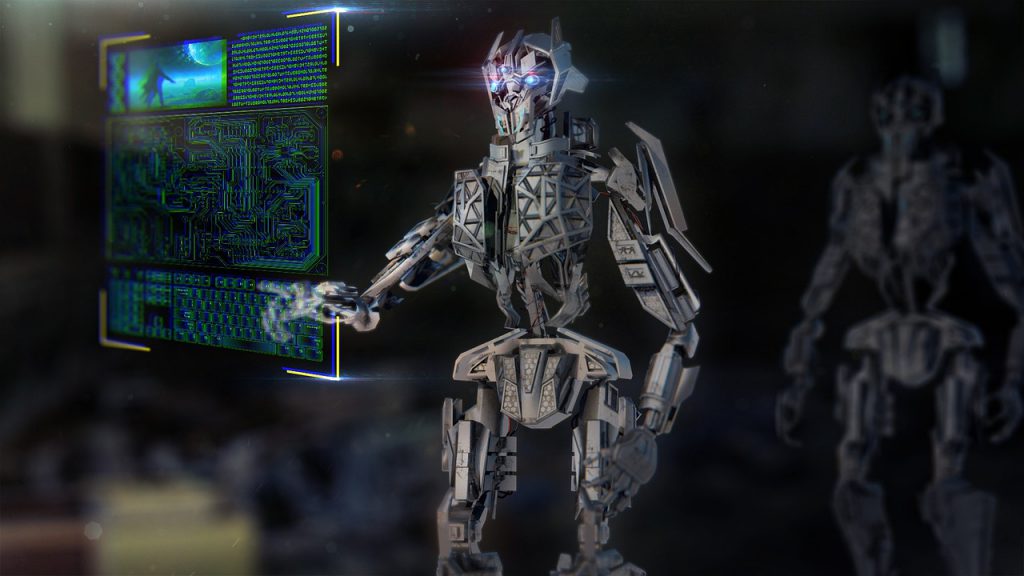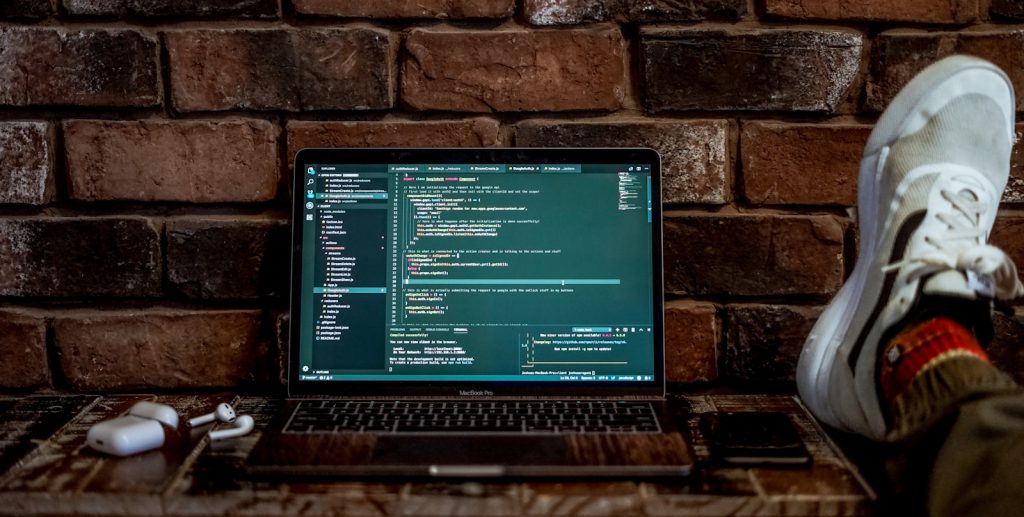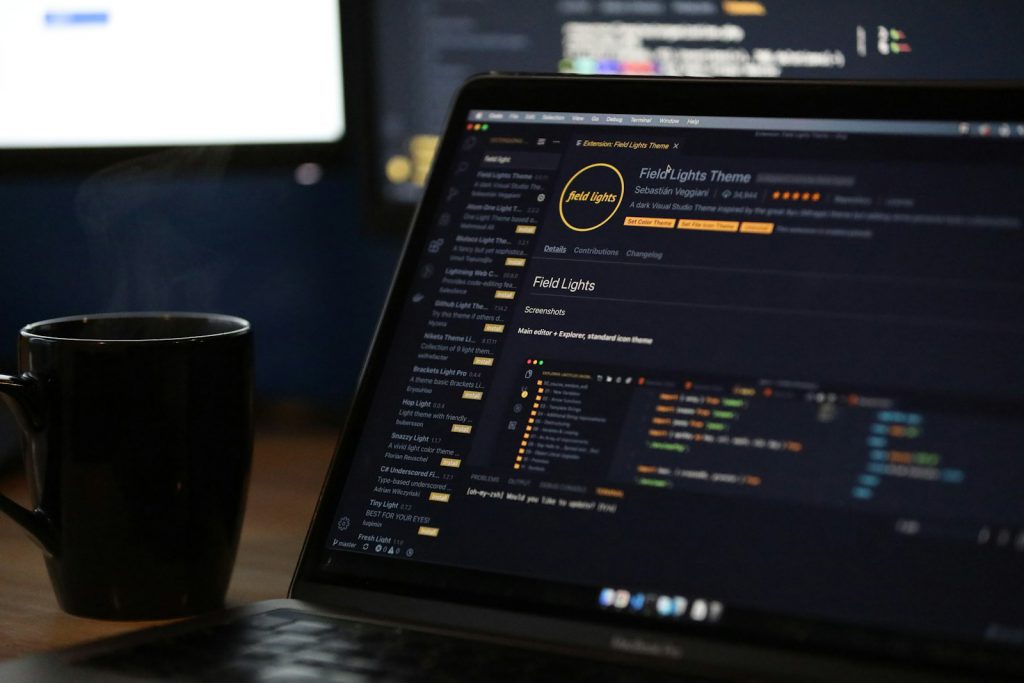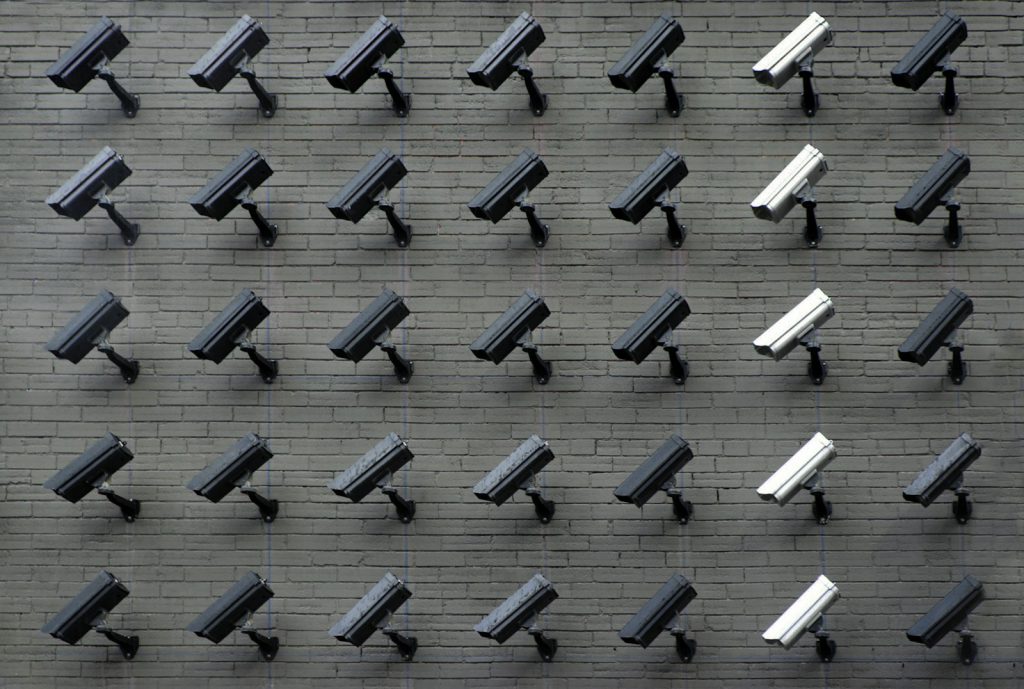Artificial Intelligence (AI) has been a hot topic for years, with many people wondering if it will take our jobs. While it’s true that AI is transforming the job market, the reality is more nuanced. The idea of technology replacing people in the job market goes back far into the past and as jobs are removed, others have been created.
A Historical Perspective
The fear of technology replacing jobs is nothing new. Throughout history, technological advancements have always disrupted the job market. For example:
Printing Press – scribes
- Bulldozers and Backhoes: People who once dug with shovels couldn’t stop the development of bulldozers and backhoes. However, new jobs were created, such as backhoe operators.
- Photography: The invention of photography affected portrait painters, but it didn’t eliminate the art of painting portraits. Instead, it evolved.
- Automated Phone Systems: Telephone switchboard operators were affected by automated phone systems, but new roles in telecommunications emerged.
These examples show that while technology can disrupt certain jobs, it also creates new opportunities.
The Current Landscape
AI is already impacting various sectors, from healthcare to finance. According to a report by McKinsey, up to 375 million workers (14% of the global workforce) may need to switch occupational categories by 2030 due to automation and AI. However, the same report highlights that AI could create 133 million new jobs.
New Job Opportunities
AI is not just taking away jobs; it’s also creating new ones. Here are some examples:
- Prompt Engineers: These professionals design and optimize prompts for AI systems.
- AI Integrators: They help businesses integrate AI into their operations.
- Service-Related Jobs: With more free time, there will be an increased demand for leisure and service-related jobs.
The Trades Sector
Even skilled labor, such as plumbing, is not immune to AI’s impact. AI can turn skilled labor into unskilled labor by guiding anyone through tasks using cameras and AI-generated videos. Eventually, robots may take over jobs with a physical component. However, someone will still need to manage the robots and job sites.
Various Sectors Affected
AI will impact multiple sectors, but it will also create new opportunities:
- Medical: AI can assist in diagnostics and treatment plans, but human oversight will still be necessary.
- Office Administration: Routine tasks may be automated, but roles requiring human judgment and creativity will remain.
- Travel: AI can streamline booking and customer service, but personalized travel planning will still need a human touch.
Future-Proofing Your Career
To prepare for the changes AI will bring, consider the following:
- Learn to Work with AI: If you’re a coder, learn to create code with AI doing the heavy lifting.
- Adapt and Evolve: Just as backhoe operators replaced shovel diggers, be ready to adapt to new roles created by AI.
- Continuous Learning: Stay updated with the latest technological advancements and continuously upgrade your skills.
AI is undoubtedly transforming the job market, but it’s not all doom and gloom. While some jobs will be replaced, new opportunities will arise. By staying adaptable and continuously learning, we can navigate the changes AI brings and even thrive in this new landscape.
- Embrace Change: Be open to learning new skills and adapting to new roles.
- Stay Informed: Keep up with the latest trends in AI and automation.
- Leverage AI: Use AI tools to enhance your productivity and efficiency.
AI is here to stay, and its impact on the job market is inevitable. However, with the right mindset and preparation, we can turn this challenge into an opportunity.




